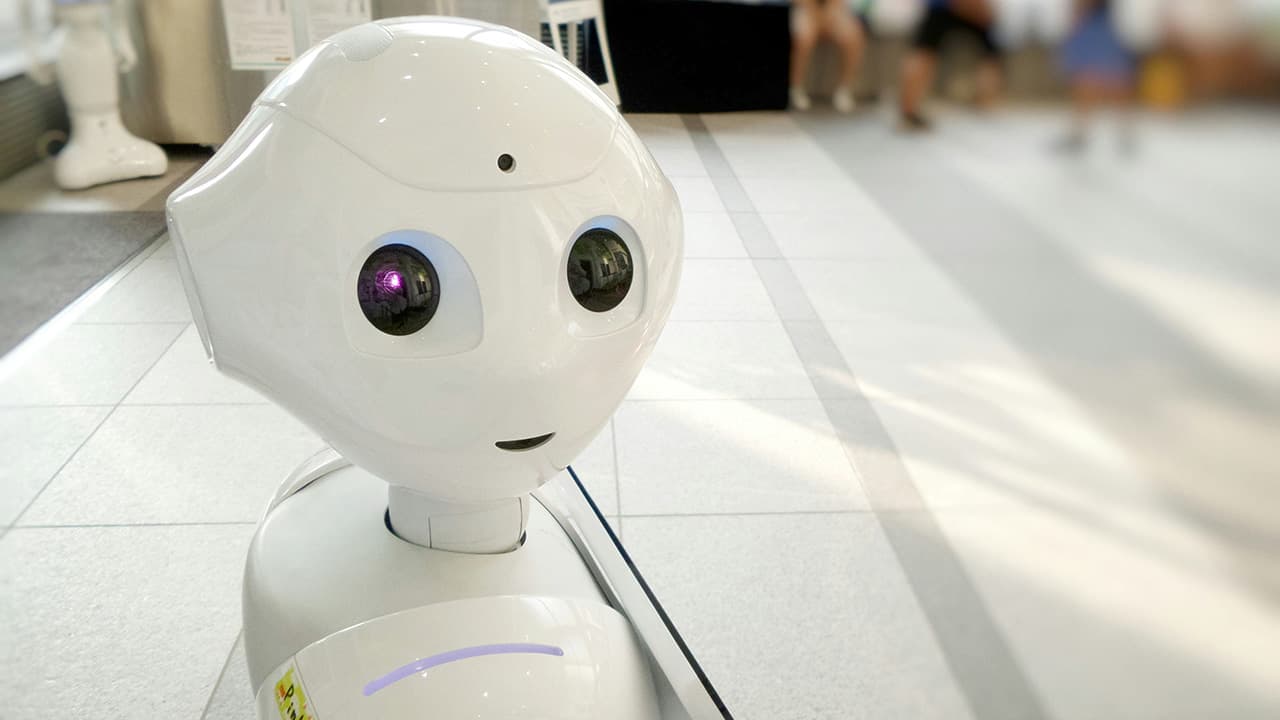Exploring the Pros and Cons of Artificial Intelligence
Artificial Intelligence is becoming an important part of our daily life. It can assist us in various tasks, from navigation to entertainment recommendations and healthcare support. While AI offers many benefits, it also raises important questions and challenges. Here's a closer look at the advantages and disadvantages of AI.
The Bright Side of AI: A Helping Hand
1. Efficiency at Its Best
AI works continuously without breaks. It can handle tasks faster than humans, which helps businesses increase productivity and reduce costs.
2. Making Smarter Decisions
AI systems analyze large data sets quickly. They find patterns and insights that might be missed by humans. This capability is particularly valuable in finance and healthcare, where accurate data analysis is crucial.
3. Automation of Routine Jobs
AI can automate simple tasks like scheduling and managing customer service chats. This allows employees to focus on creative and complex work, improving job satisfaction and reducing stress.
4. Enhancements in Safety
AI can take on dangerous jobs where human safety is at risk. For example, AI-controlled drones can inspect pipelines or operate in extreme environments, like oil rigs.
5. Tailored Experience
AI personalizes user experiences based on preferences. It learns from what you watch or buy, making it easier to find relevant content on platforms like Netflix or Amazon.
The Flip Side of AI: Points to Ponder
1. Job Displacement
AI's ability to perform human tasks raises concerns about job loss. As technology advances, not only simple jobs but also more complex roles may be at risk.
2. Loss of Human Touch
Automated interactions, such as chatbots, may lack the empathy of human communication. This gap can affect the quality of service in fields like healthcare and customer service.
3. Moral and Ethical Concerns
Determining accountability for AI's mistakes can be complex. Addressing biases in AI systems and ensuring data privacy are significant challenges.
4. High Costs
Investing in AI technology involves considerable expense. Not all businesses can afford these solutions, which could widen the gap between tech-savvy and less tech-savvy companies.
5. Dependence on Technology
Increased reliance on AI can lead to vulnerabilities. Malfunctions or security breaches could have serious repercussions, especially in critical areas like infrastructure.
Balancing the Equation: What's Next for AI?
To navigate the challenges presented by AI, regulation and policies must keep pace with technological advancements. The focus should be on utilizing AI's benefits while addressing ethical and social implications.
AI is both a tool and a reflection of our intelligence. Its rapid growth brings opportunities and responsibilities. As we move forward, we must prioritize not only innovation but also inclusivity and ethical implementation.
Integrating AI into our lives offers efficiency and personalization but also requires careful consideration of employment, ethics, and human connections. Embracing AI means recognizing its strengths while addressing its limitations responsibly.
(Edited on September 4, 2024)












